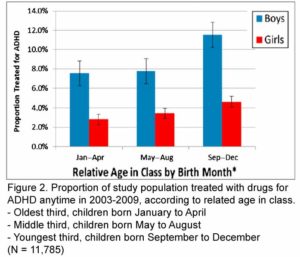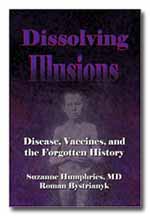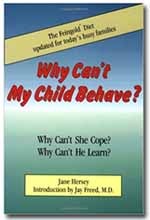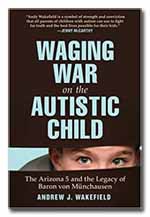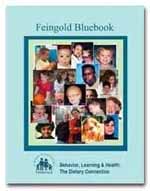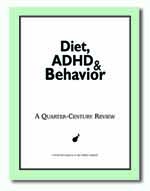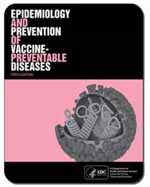In a nationwide population-based study, the authors observed the effect of relative age on whether the child was likely to perform adequately in class and on whether the child would be prescribed medication for ADHD.
They found that for boys, in particular, age had a dramatic effect, since under 8% of the oldest group were prescribed ADHD medications, while almost 12% of the youngest group had been prescribed ADHD meds. Girls were affected as well, but not as much since at all ages they were prescribed such medications less often.
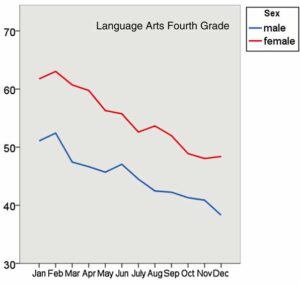 The authors included comparison graphs of performance on math and language arts for fourth grade and for seventh grade. Graphs of both boys and girls in both classes exhibited a parallel downward slope when scores were graphed against month of birth.
The authors included comparison graphs of performance on math and language arts for fourth grade and for seventh grade. Graphs of both boys and girls in both classes exhibited a parallel downward slope when scores were graphed against month of birth.
In their conclusion, the authors wrote, “Relative age among classmates affects children’s academic performance into puberty, as well as their risk of being prescribed stimulants for ADHD. This should be taken into account when evaluating children’s performance and behavior in school to prevent unnecessary stimulant treatment.”

